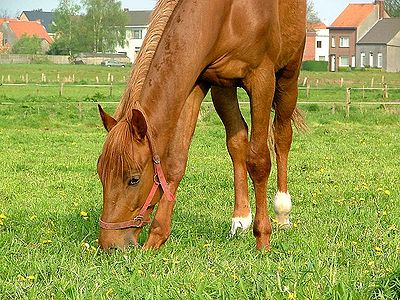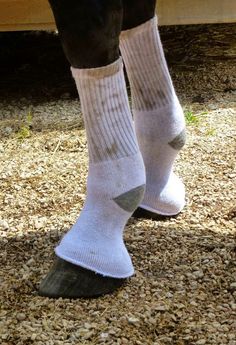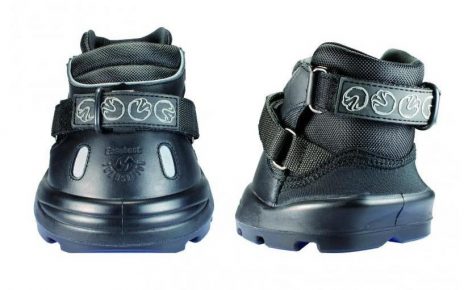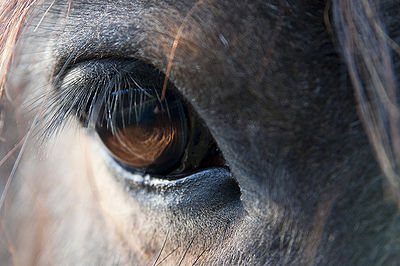
Choke in horses is not the same as it is in humans.
Choke in horses occurs when something is lodged in the esophagus. A horse that is experiencing choke can still breathe but cannot swallow due to the obstruction.
At greater risk for choke are horses that eat too quickly or horses that cannot chew their food properly, usually due to a dental problem.
Compressed pellets of food often cause choke. They are very dry and when chewed and mixed with the horse’s saliva, tend to expand and can cause blockages.
Signs of a horse choking include extending the neck, trying to swallow but unable to do so, drooling, sometimes expelling saliva and feed out of the nose, anxious behavior.
If your horse shows signs of choke, call your veterinarian immediately. The vet will first sedate the horse. Then a nasogastric tube will be passed through the nose and down into the esophagus. Water is passed through a funnel to soften the lump until the obstruction is unblocked.
Since the procedure and the obstruction can cause inflammation, the vet will administer pain medication. , Antibiotics will be prescribed as there is a risk of aspiration pneumonia from food or saliva accidentally inhaled.
Your vet will advise you not to feed your horse for 24 hours to allow the system to recover. After 24 hours only wet mash is allowed for several days, then dry food and hay can be gradually reintroduced.
If your horse eats too quickly, you can slow him/her down by adding stones to the feed pail. The horse will have to eat around them and is forced to eat more slowly.
If your horse has had a choking experience, it’s a good idea to skip feeding pellets.



